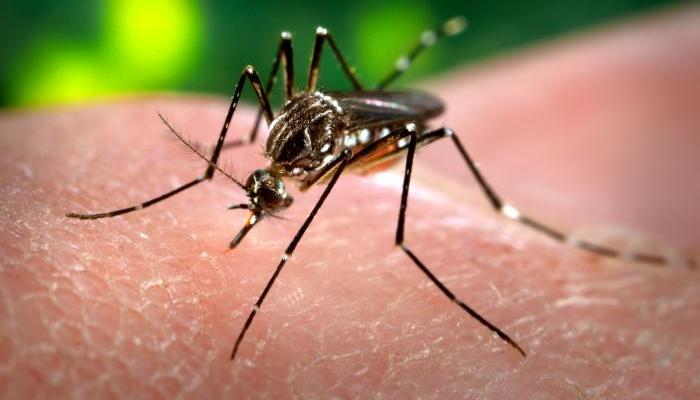Rio de Janeiro, September 25 (teleSUR-RHC)-- Brazilian researchers released some 10,000 mosquitoes in the city of Rio de Janeiro to fight the deadly dengue fever in the country.
The mosquitoes, released Wednesday, are infected with a bacteria named Wolbachia that suppresses Dengue virus and make mosquitoes unable to pass on the deadly illness. Researcher Luciano Moreira who is leading the project in Brazil, said it will take years to complete their research but that in some areas there will be an immediate reduction of Dengue cases.
From 2009 to 2014, Brazil reported 800 deaths and some 3.2 million detected cases of Dengue.
This initiative is part of the international program “Eliminate Dengue: Our Challenge,” in which countries like Australia, Brazil, China, Colombia, Indonesia, and Vietnam are trying to eradicate this disease, currently common in these countries.
The first research on Wolbachia bacteria began in 2008 at the University of Monash in Australia. The first release program took place in 2011. The initiative is working with local universities and governments in each country to release Wolbachia infected mosquitoes in an effort to stem the endemic.
Until the Wolbachia bacteria research began, almost every effort to attack Dengue concentrated in eliminating the Dengue carrying mosquitoes or made them infertile.
According to World Health Organization, Dengue can cause high fevers, muscular pain, intense headache, vomit and nausea. In most cases dengue is not a deadly disease, but there is a more dangerous variant that can be fatal.


